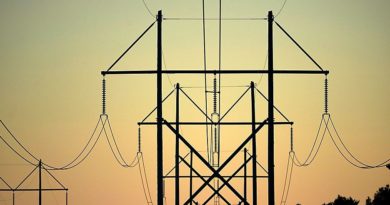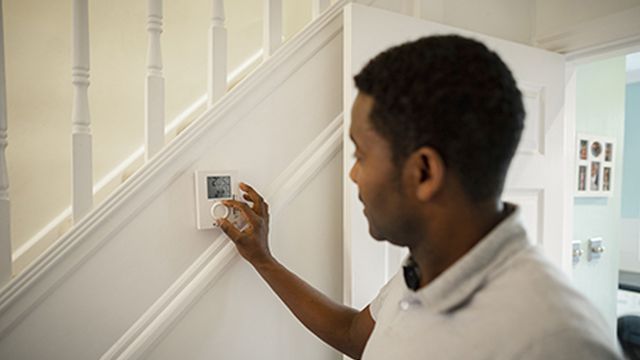Price shock: What Mass. residents should expect from their home energy bills this winter – WBUR News
Energy Disrupter

It’s the first day of fall! Technically, the equinox (not a solstice!) doesn’t arrive until 9:04 p.m. EDT, so you can still squeeze out a few more hours of summer before it’s over (though, you’ll get more use from your rain umbrella than your beach umbrella today).
To the news: Brace yourselves: as the seasons turn, many Massachusetts residents are about to see their home energy bills get extraordinarily expensive. National Grid disclosed yesterday that it plans to more than double its base electricity rates in Massachusetts beginning Nov. 1, meaning the average customer will see their monthly electric bill jump 64% to roughly $293 — compared to $179 last winter.
The reason? New England still primarily relies on natural gas for electricity. (ICYMI: WBUR’s Miriam Wasser has a great explainer of how the market works here.) And while rates always tend to rise in the winter due to increased demand, Russia’s invasion of Ukraine and inflation are taking them to record levels.
National Grid isn’t the only player in town. It has 1.3 million electric customers across Massachusetts, while Eversource covers 1.4 million households, including much of the Boston area. (Here’s a map of who covers where.) Eversource doesn’t make its next biannual rate change until January and won’t file a proposal until later this fall. However, a spokesman for the company noted that they aren’t immune to market conditions either. For instance, Eversource customers in New Hampshire just saw a more than $70 hike to their monthly electric bills this summer.
While electricity is perhaps seeing the most dramatic percentage-wise rate hike, both companies say natural gas rates for home heating will jump significantly on Nov. 1, too. National Grid says its Massachusetts customers should expect their monthly heating bill to be about $50 higher than last winter (think mid-$200s). Meanwhile, Eversource predicts the average customer will see their monthly gas bill increase by $61 to $86, landing them in low-to-mid-$200s range, too.
So… what can you do keep your bill low? This Here & Now list of DIY tips to lower your utility bills from April 2020 holds up well. Attorney General Maura Healey also launched a campaign in June with tips for lowering energy use and resources for those struggling with their bills. Eversource and National Grid both offer payment assistance, too.
Speaking of Healey, the Democratic gubernatorial candidate and her running mate, Salem Mayor Kim Driscoll, released their first policy plan of the general election yesterday. The topic: tackling the state’s shortage of affordable housing. The 3,620-word plan broadly outlines how they’ll push to accelerate housing production, while investing government funds to increase affordable options.
The plan also revealed a clear distinction between the Democratic ticket and Republican gubernatorial nominee Geoff Diehl, who also calls “more accessible and affordable” housing a priority. Healey and Driscoll say they’ll double down on Republican Gov. Charlie Baker’s push for more dense development near suburban MBTA stops by “creating incentives for communities to actually build multi-family projects” in districts the state required them to rezone. On the other hand, Diehl says he would repeal those zoning rules, which he has criticized as “one-size-fits-all.”
The Boston Celtics may be without another key figure when the season starts next month. Multiple outlets reported last night that head coach Ime Udoka is facing a potentially lengthy suspension for having a consensual relationship with a female member of the Celtics staff, a violation of team rules. According to ESPN, Udoka — who is engaged to actress Nia Long — could be suspended for as long as a year.
Baker sent back a road safety bill to the State House last night, asking lawmakers to tweak the legislation — aimed at protecting cyclists and pedestrians — which he otherwise largely supports.
The ask: Baker is proposing all drivers be subject to a “consistent” three-foot space minimum when passing cyclists and pedestrians, rather than the bill’s “confusing” sliding scale based on the car’s speed. Baker also wants the state to hold off on requiring 25 mph speed limits on state roads in densely settled areas until a federal review of street regulations concludes next year.
P.S.— This month marks 10 years since Tinder was launched, and the Here & Now team wants to hear about your experience — good or bad — in the era of dating apps. Just fill out this form or even send a voice recording!
Original Source: https://www.wbur.org/news/2022/09/22/massachusetts-energy-prices-soar-healey-affordable-housing-newsletter















